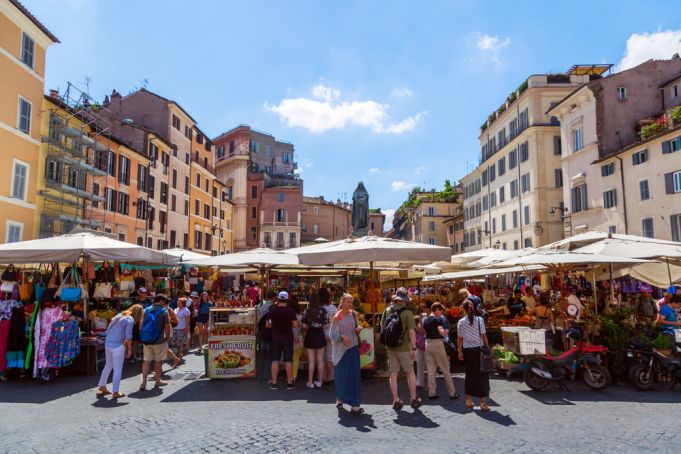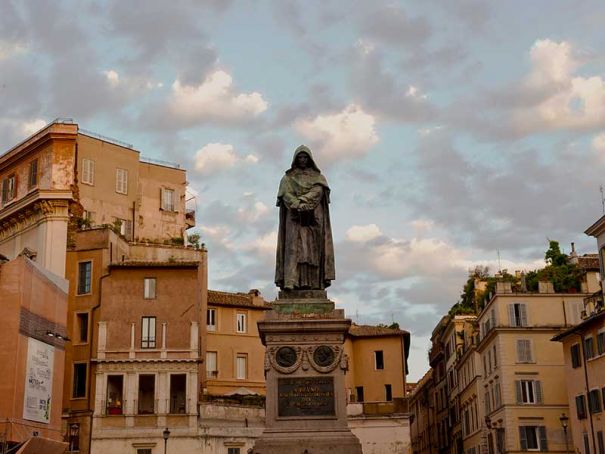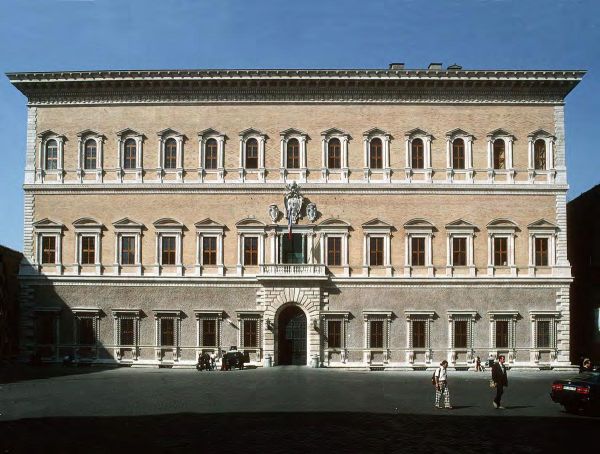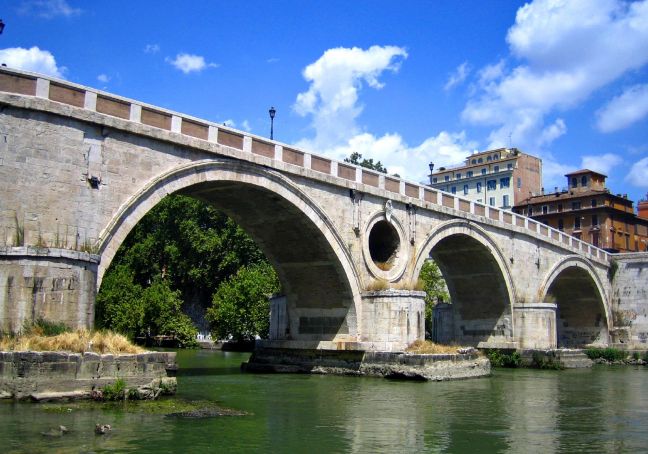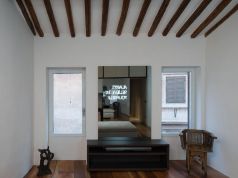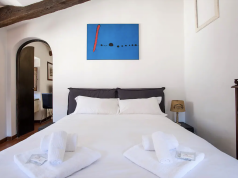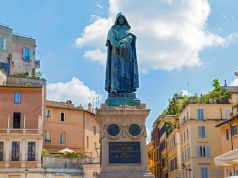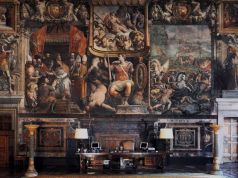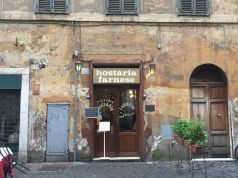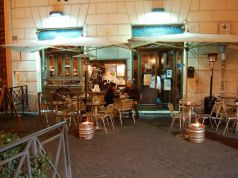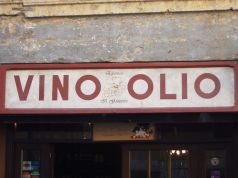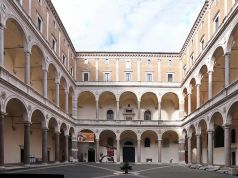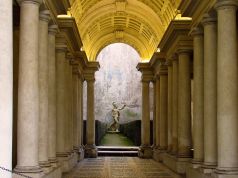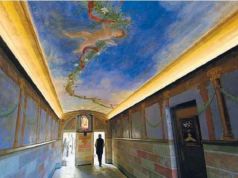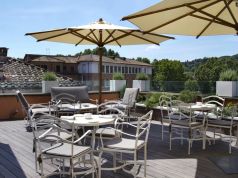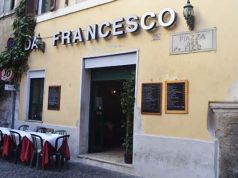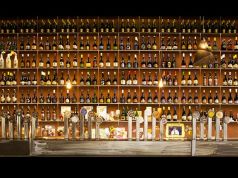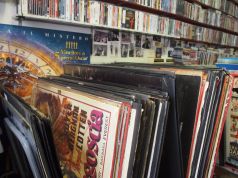Campo de' Fiori neighbourhood
Campo dei Fiori area in Rome
This is in the heart of the historic centre, sandwiched between Piazza Navona and the meandering narrow streets that lead to the Tiber.
The Campo de' Fiori district in Rome is renowned for its vibrant marketplace by day and lively social scene by night. This historic square, whose name translates to "Field of Flowers," has been a hub of commercial and cultural activity since the Renaissance.
By day, locals and tourists alike flock to its colorful stalls offering fresh produce, flowers, and artisanal goods. As the sun sets, the area transforms into a bustling nightlife spot, with numerous restaurants, cafes, and bars lining the streets. This blend of traditional charm and modern vitality makes Campo de' Fiori a must-visit destination in the heart of Rome.
There are probably more craft workshops and restorers’ studios, as well as family-run neighbourhood stores, than in any other part of the city. Campo de’ Fiori is the hub of the area, presided over by the statue of the brooding Giordano Bruno who was burnt at the stake in 1600 for heresy.
In the morning it is home to the city’s most colourful, if most expensive, street market. This was once the place for the best food at the best prices in the centre but now it is mainly a tourist attraction.
At night Campo de’ Fiori becomes a very active and rowdy nightspot with its square-side cafés, pubs and bars. If you want somewhere quiet to live, find an apartment away from both Campo de’ Fiori and the neighbouring Piazza Farnese, home of the majestic French embassy.
Things to See
Giordano Bruno Statue
Giordano Bruno was a 16th-century friar, philosopher, mathematician, poet and astrologer. The Roman Inquisition declared his cosmological findings heretical and he was burned at the stake in Campo de’ Fiori in 1600.
Today a bronze, hooded statue of him acts as a popular meeting place in the centre of the square. In recent years the Vatican has softened its stance against Bruno, falling just short of a full pardon.
Palazzo della Cancelleria
This building, which is a World Heritage Site and is attributed to Bramante, was once the papal chancery and still belongs to the Holy See.
It now houses the Romana Rota, the highest ecclesiastical appeal tribunal of the Roman Catholic church. A permanent exhibition of replicas of many of Leonardo Da Vinci’s machines and designs is open to the public.
Palazzo Farnese
Currently the home of the French embassy to Italy, Palazzo Farnese is one of the most important high Renaissance palaces in Rome.
Artists such as Giacomo Della Porta, Michelangelo, da Sangallo and Vignola all left their mark on the majestic palace whose Carracci gallery has recently been restored.
Ponte Sisto
This historic bridge spans the Tiber, connecting Via dei Pettinari to Piazza Trilussa in Trastevere. The bridge was formerly the Pons Aurelius but was destroyed during the Middle Ages.
Pope Sixtus rebuilt it in its current form in the 15th century, giving his name to the bridge which is now just for pedestrians. Ponte Sisto recently featured in the 24th James Bond movie Spectre
Editorial credit: Christian Mueller / Shutterstock.com
General Info
View on Map
Campo de' Fiori neighbourhood
Campo de' Fiori, Rome



